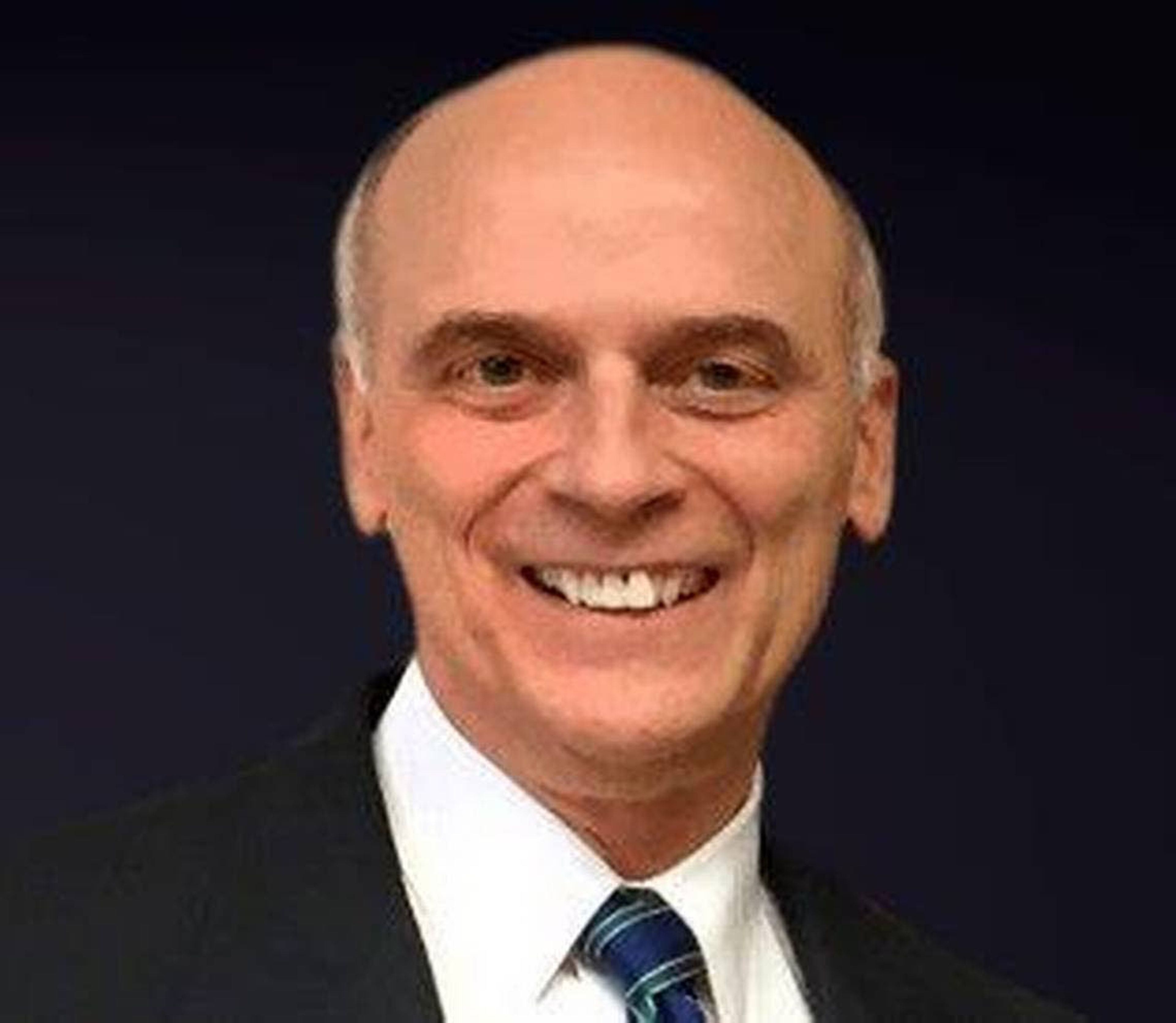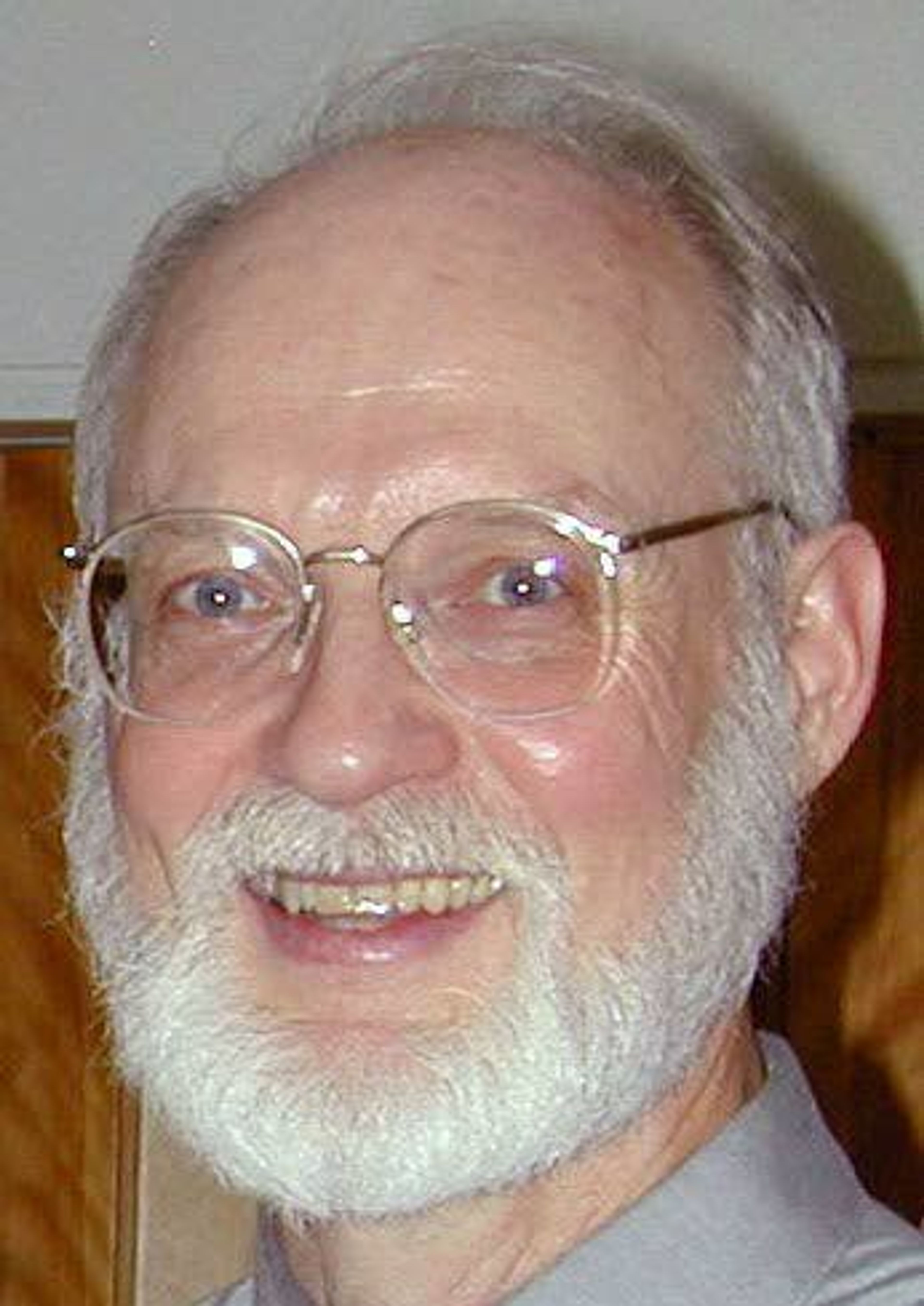Bill making citizen initiatives more difficult introduced
Legislation would raise signature requirements for grassroot campaigns
BOISE — A Senate committee introduced legislation Monday that makes it substantially harder for citizen initiatives to qualify for the ballot.
The move comes five months after Idaho voters bypassed the Legislature by approving a Medicaid expansion initiative. Nevertheless, Sen. Scott Grow, R-Eagle, said his bill has “absolutely nothing” to do with that.
As a member of the Joint Budget Committee, Grow noted he just voted for the 2020 Medicaid budget, which included funding to support Medicaid expansion.
“This isn’t anti-Medicaid expansion,” he said, shortly after the Senate State Affairs Committee introduced his initiative bill. “I’m trying to include more citizens in the initiative process. That’s my objective.”
Under current law, an initiative or referendum qualifies for the ballot if the sponsors gather signatures from 6 percent of registered voters statewide, as well as 6 percent of registered voters in 18 of Idaho’s 35 legislative districts. Grow wants to raise that threshold to 10 percent statewide, plus 10 percent in 32 of the 35 districts.
His bill also restricts ballot measures to a single subject and requires a fiscal note; if they propose an expenditure of money, a funding source would need to be identified as well. Grow noted the single-subject and fiscal note requirements apply to lawmakers themselves.
“This just puts the public and Legislature on an equal footing,” he said. “My biggest concern is that voters understand the impact of an initiative. This is a transparency bill that makes sure they understand the costs.”
Luke Mayville, co-founder of Reclaim Idaho, which sponsored the Medicaid expansion initiative, said the legislation actually amounts to an “assault on the constitutional right Idahoans have to propose laws.”
“Idaho already has one of the most difficult procedures to qualify an initiative,” Mayville said. “This proposal would make it the most difficult among the 26 states that allow citizen initiatives.”
Grow suggested his plan represents a “middle road” — which is technically true, if the 24 states that prohibit citizen initiatives are included. His 10 percent signature requirement applies to 91.4 percent of the state’s legislative districts — slightly higher than Utah’s 89.7 percent requirement, which is currently the toughest standard in the nation.
In addition to raising the threshold, the measure reduces the amount of time sponsors have to gather signatures from 18 months to six months.
If lawmakers approve the bill, Mayville said, grassroots campaigns would effectively be excluded from Idaho’s initiative process.
“The only way to qualify an initiative would be by spending millions of dollars,” he said.
Article III of the Idaho Constitution says the people “reserve to themselves the power to propose laws, and enact the same at the polls, independent of the Legislature.” It goes on to say this power is subject to “such conditions … as may be provided by acts of the Legislature.”
Grow said a major reason for increasing the geographic distribution requirement is to ensure that rural districts have greater input in whatever initiatives or referendum qualify for the ballot.
The current standard of 18 out of 35 legislative districts, he said, could be met in just four counties — Ada, Canyon, Bonneville and Kootenai.
“My desire is to make sure the rural counties are included in the signature-gathering process,” Grow said.
Mayville disputed the notion that the current standard hurts rural counties. He also disagreed with Grow’s assertion that the bill has “absolutely nothing” to do with the Proposition 2 Medicaid expansion initiative.
“It is certainly a reaction to Prop 2,” he said. “And if you look at the last time the initiative rules were changed, the rationale was to give more voice to rural areas. The reforms Grow is calling for were already written into the current law.”
Now that it has been introduced, the bill should come back to the State Affairs Committee for a public hearing.
William L. Spence may be contacted at bspence@lmtribune.com or (208) 791-9168.








